Best dystopian science fiction movies
Explore worlds where society has gone terribly wrong. These science fiction dystopias offer chilling glimpses into possible futures and present thought-provoking narratives.


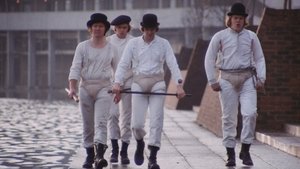
Science fiction dystopias have long captured our collective anxieties about the future. Whether depicting oppressive governments, environmental collapse, or technological control, these films hold a mirror to our present, extrapolating current trends to their often terrifying conclusions.
What makes a great dystopian film? Often, it's the world-building – creating a believable, often bleak, reality that feels both alien and uncomfortably familiar. It's also the themes they explore: loss of individuality, the fight for freedom, the nature of humanity under duress, and the consequences of unchecked power or technological advancement.
Think about the groundbreaking visuals of films like Blade Runner, which defined cyberpunk aesthetics, or the philosophical questions posed by The Matrix regarding reality and control. The genre isn't just about despair; it's often about the spark of rebellion and hope that persists even in the darkest times, as seen in the resilience of characters in Children of Men or the fight for survival in the Mad Max universe. These stories resonate because they tap into our fears while also celebrating the enduring human spirit.
14. The Giver (2014)
Based on Lois Lowry's acclaimed novel, The Giver is set in a seemingly utopian community where individuality, emotion, and memory have been eliminated for the sake of Sameness. Jonas (Brenton Thwaites) is chosen to be the community's Receiver of Memory, tasked with holding all the difficult truths and history that the rest of society has forgotten. He trains with 'The Giver' (Jeff Bridges), the only other person who carries these burdens. The film starts in stark black and white, gradually introducing color as Jonas receives more memories, a visual metaphor for his awakening to the richness and pain of genuine human experience. It's a gentler, more contemplative dystopia compared to action-heavy entries, focusing on the philosophical cost of forced conformity and ignorance.

13. Divergent (2014)
Set in a future Chicago, Divergent presents a society rigidly divided into five factions based on personality traits: Abnegation (the selfless), Amity (the peaceful), Candor (the honest), Dauntless (the brave), and Erudite (the intelligent). Shailene Woodley plays Tris Prior, who discovers she is 'Divergent,' meaning she doesn't fit neatly into any one faction, making her a threat to the system. Based on Veronica Roth's novel, the film explores themes of identity, conformity, and rebellion. It features action sequences related to the Dauntless faction's rigorous training and Tris's struggle to hide her true nature. It's a standard bearer for the Young Adult dystopian subgenre, focusing on a young protagonist challenging an oppressive societal structure.

12. The Maze Runner (2014)
In The Maze Runner, Thomas (Dylan O'Brien) wakes up with no memory inside a large, mysterious Glade surrounded by an enormous, constantly changing maze. He joins a community of boys who have been trying to escape the maze for years. Based on James Dashner's novel, the film is a mystery-driven dystopian adventure focused on uncovering the secrets of their prison and the world outside. It features tense sequences within the maze itself, populated by dangerous creatures known as Grievers. The film relies heavily on its central mystery and the dynamics of the Glade community as they grapple with their captivity and the slim chance of escape.

11. The Hunger Games (2012)
Based on Suzanne Collins' bestselling novel, The Hunger Games introduces us to the dystopian nation of Panem, built on the ruins of North America. The autocratic Capitol maintains control over its twelve districts by forcing them to send two teenage tributes each year to fight to the death in a televised event. Jennifer Lawrence became a global star as Katniss Everdeen, the resourceful and defiant tribute from District 12. The film effectively captures the oppressive atmosphere of Panem and the brutal spectacle of the Games. It's a compelling story of survival, rebellion, and the psychological toll of being used as entertainment and a political tool. It kicked off a major wave of Young Adult dystopian adaptations.
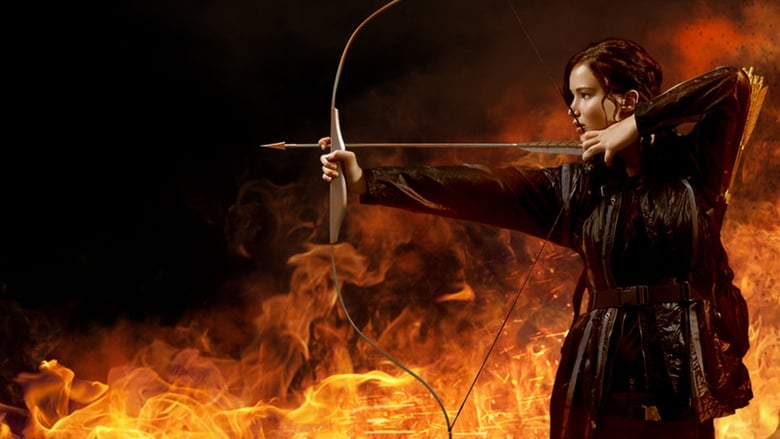
10. Elysium (2013)
Neill Blomkamp's Elysium presents a stark vision of a future where the wealthy elite live on a pristine space station called Elysium, orbiting a ruined, overcrowded Earth. Matt Damon plays Max, a factory worker on Earth who needs access to Elysium's medical technology to survive a fatal dose of radiation. The film is a socially conscious sci-fi actioner that tackles themes of class disparity, healthcare inequality, and immigration head-on. Blomkamp's signature style, blending gritty realism with advanced technology, creates a believable, if bleak, future. While the social commentary is front and center, the film also delivers solid action sequences and a compelling underdog story against a powerful, privileged antagonist.
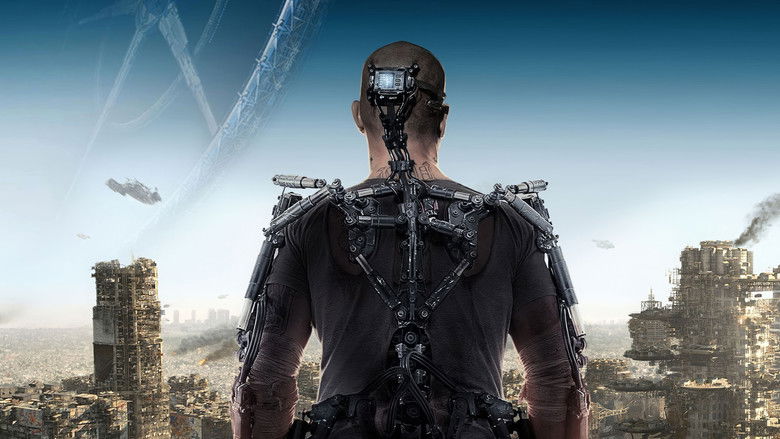
9. Equilibrium (2002)
In the world of Equilibrium, emotion is outlawed, suppressed by daily injections of a drug called 'Prozium II.' Any display of feeling is a capital offense, enforced by elite police officers known as Grammaton Clerics. Christian Bale stars as John Preston, one of the most effective Clerics, who begins to question the system after missing a dose of the drug. The film features a unique martial art called 'Gun Kata,' a fictional fighting style that combines gunplay with close-quarters combat, leading to stylish and kinetic action sequences. While perhaps less philosophical than some other films on this list, it offers an engaging premise and impressive action choreography centered around the cost of suppressing human feeling for the sake of societal control.

8. Mad Max: Fury Road (2015)
George Miller returned to his iconic post-apocalyptic world with Mad Max: Fury Road, delivering an adrenaline-fueled action spectacle set in a desolate, dystopian wasteland. While perhaps more post-apocalyptic than strictly sci-fi, its vision of a fractured society ruled by tyrannical warlords like Immortan Joe certainly fits the spirit of dystopia. Tom Hardy takes on the role of Max, but it's Charlize Theron's Imperator Furiosa who truly shines as she rebels against Immortan Joe to free his enslaved 'wives.' The film is a relentless, practical-effect driven chase sequence across the desert, featuring some of the most inventive and breathtaking vehicle stunts ever put on screen. Its minimal dialogue and focus on visual storytelling make it a pure cinematic experience.

7. Minority Report (2002)
Based on a short story by Philip K. Dick and directed by Steven Spielberg, Minority Report explores a fascinating dystopian premise: what if you could arrest people before they commit a crime? Tom Cruise plays John Anderton, a 'Pre-Crime' police chief in Washington D.C. who suddenly finds himself accused of a future murder he hasn't committed. The film is a visually sleek and action-packed thriller, showcasing a future filled with advanced technology like gestural interfaces and personalized advertising, much of which felt speculative then but is eerily relevant now. It raises complex ethical questions about free will versus determinism and the potential dangers of predictive justice. Spielberg masterfully blends thrilling suspense with thoughtful sci-fi concepts.
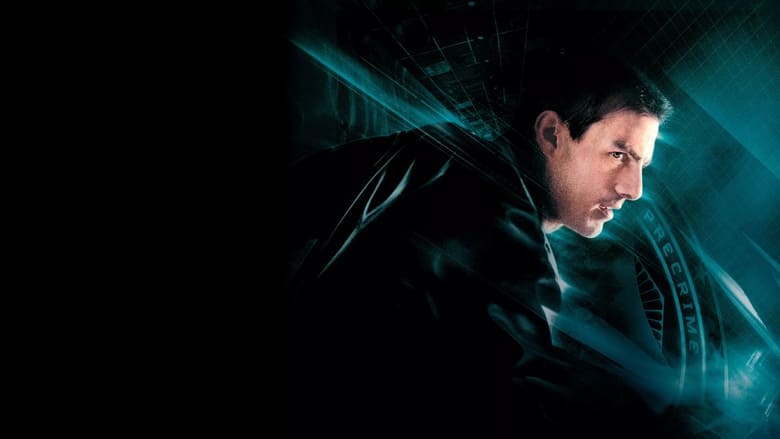
6. Snowpiercer (2013)
All aboard the Snowpiercer! Bong Joon-ho's first English-language film is a thrilling and allegorical dystopian ride set entirely on a massive train carrying the last remnants of humanity after a climate engineering experiment goes wrong. The train is a microcosm of society, rigidly divided by class from the impoverished tail section to the opulent front. Chris Evans leads the revolt from the tail, fighting his way car by car towards the engine. The film is a brilliant blend of sci-fi action, social commentary, and darkly comedic moments. Each train car presents a new, imaginative obstacle and reflects a different aspect of their contained world. It's a propulsive and intelligent thriller with fantastic performances and Bong Joon-ho's signature blend of genre and social critique.

5. A Clockwork Orange (1971)
Stanley Kubrick's controversial masterpiece A Clockwork Orange plunges into a disturbing near future where a charismatic delinquent, Alex (Malcolm McDowell), leads his gang on a spree of 'ultraviolence.' After being caught, he undergoes a controversial aversion therapy technique designed to cure him of his violent impulses. Based on Anthony Burgess's novel, the film explores themes of free will, societal control, and the nature of good and evil. Kubrick's distinct visual style, from the striking set designs to the unsettling symmetry, creates a world that is both repulsive and strangely alluring. The film's stylized language (Nadsat) and classical music soundtrack used against horrific imagery add layers of complexity and unease. It's a challenging, thought-provoking, and undeniably powerful film that remains a subject of intense debate.

4. Children of Men (2006)
Alfonso Cuarón's Children of Men presents a chillingly plausible near-future dystopia where humanity faces extinction due to unexplained mass infertility. The world is collapsing into chaos, xenophobia, and despair. Clive Owen stars as Theo Faron, a disillusioned former activist who is tasked with protecting a young woman who has miraculously become pregnant. The film is renowned for its incredible cinematography, featuring several breathtaking, lengthy single-take shots that immerse the viewer directly into the gritty, dangerous reality. It's a film that feels incredibly urgent and relevant, exploring themes of hope, faith, and the human will to survive against impossible odds. The action is intense and grounded, and the performances are powerful, making this one of the most impactful dystopian films ever made.
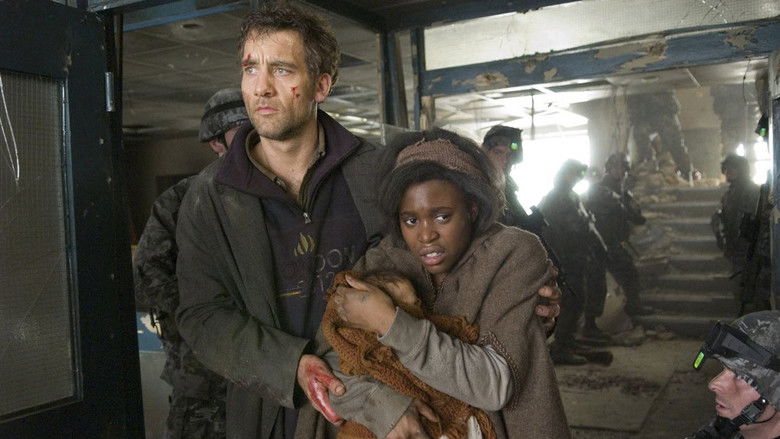
3. Brazil (1985)
Terry Gilliam's Brazil is a darkly comedic, visually outlandish descent into a nightmarish bureaucratic dystopia. Set in a retro-futuristic world dominated by paperwork and absurd regulations, the film follows Sam Lowry (Jonathan Pryce), a meek office worker who dreams of escaping his mundane reality. Gilliam's signature visual style is on full display, creating a world that is both oppressively grim and hilariously surreal, filled with clunky technology and endless corridors. The film famously had a troubled production and battle over its final cut, highlighting the very themes of control and individual freedom it explores. It's a chaotic, imaginative, and deeply unsettling satire on totalitarianism and the dehumanizing effects of bureaucracy. A truly unique and unforgettable film.

2. The Matrix (1999)
Prepare to have your mind blown by The Matrix, a film that redefined action cinema and philosophical sci-fi for a generation. The Wachowskis crafted a reality-bending dystopia where humanity is unknowingly trapped in a simulated reality created by intelligent machines. Keanu Reeves is perfectly cast as Neo, the seemingly ordinary programmer who discovers the truth and becomes humanity's potential savior. What sets this film apart is its groundbreaking visual effects, particularly the 'bullet time' sequences, which were revolutionary at the time and still hold up remarkably well. Beyond the spectacle, it's a film rich with ideas, drawing inspiration from philosophy, religion, and cyberpunk fiction. The fight choreography, blending martial arts with wire-fu, is simply exhilarating. It's a thrilling ride that makes you question everything.

1. Blade Runner (1982)
Step into the rain-soaked, neon-drenched streets of 2019 Los Angeles in Ridley Scott's seminal sci-fi noir. Blade Runner isn't just a movie; it's an experience. Its vision of a decaying, overcrowded future where synthetic humans (replicants) are hunted by special police (blade runners) is so influential it practically invented the cyberpunk genre. The film's stunning visual design, crafted by production designer Lawrence G. Paull and art director David Snyder, alongside the atmospheric electronic score by Vangelis, creates an unparalleled mood that has been imitated countless times but never truly replicated. It masterfully blurs the lines between human and machine, identity and memory, leaving you pondering its themes long after the credits roll. Harrison Ford delivers a weary, iconic performance as Deckard, the titular blade runner, and Rutger Hauer is chilling yet sympathetic as the replicant leader, Roy Batty. This is essential viewing for any sci-fi fan.

